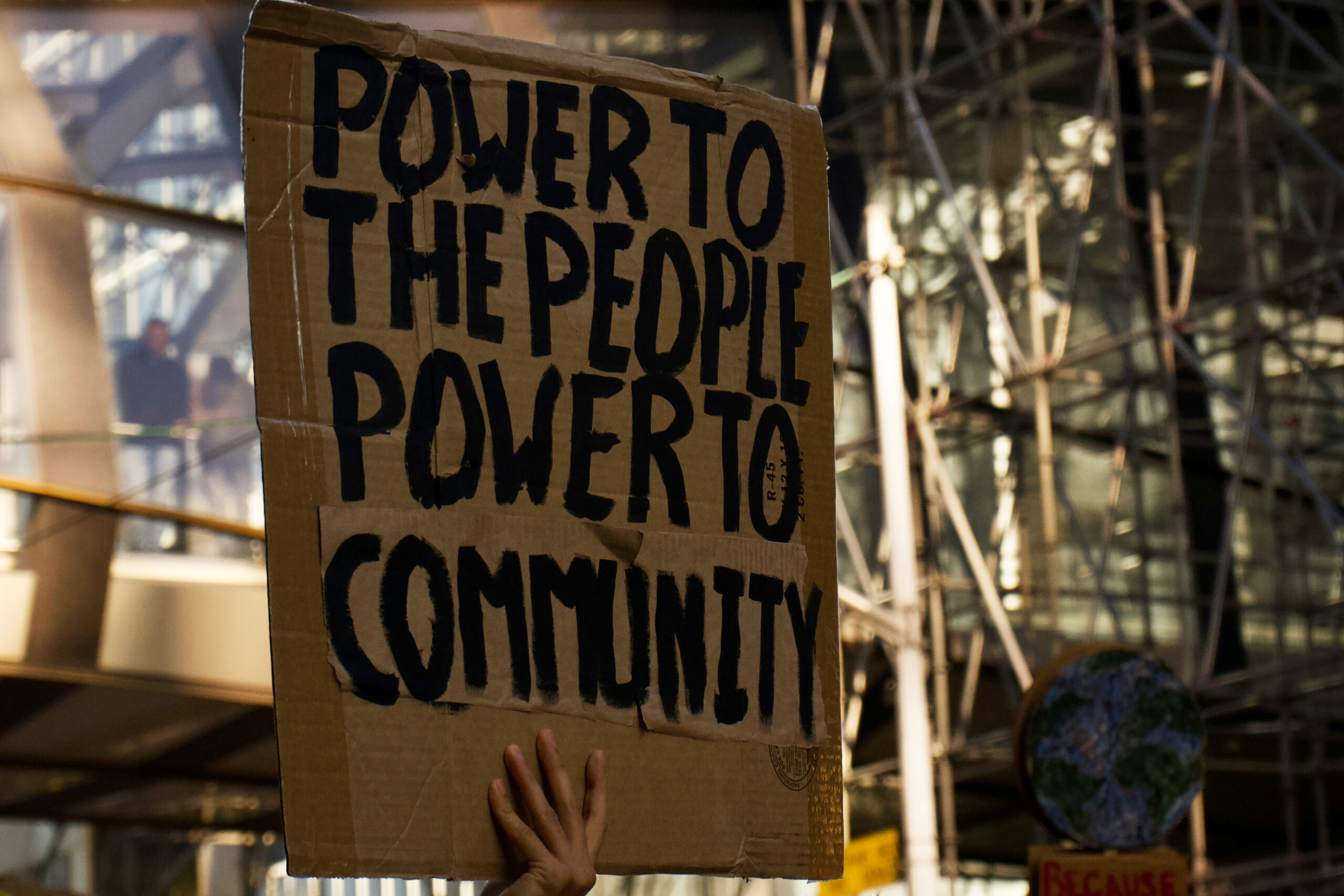While authoritarianism continues to gain ground globally, this Special Issue of Third World Quarterly, titled Limits of autocratisation: actors and institutions of democratic resistance and opposition, challenges the idea that autocratisation is an unstoppable tide. It shifts the focus from how autocracies rise to how and where they are contested—and sometimes reversed. Drawing from rich case studies across Africa, Asia, Latin America and Southeast Europe, the volume maps the actors and institutions of resistance, from political parties and bureaucrats to social movements and transnational alliances.

Rather than offering a binary view of success or failure, the contributors adopt a dynamic, process-driven approach, showing how resistance emerges, adapts and persists even in shrinking civic and political spaces. Whether through informal bureaucratic defiance, legal mobilisation, or protest coalitions, these strategies reveal the agency of opposition actors navigating complex and often hostile terrain.
Among the volume’s key insights: elite rivalries can prevent autocratic consolidation, as seen in Indonesia; legal ‘lawfare’ has helped civil society in Africa push back against executive overreach; small-scale but persistent protests have kept democratic demands alive in Turkey; and transnational democratic networks have played a critical role in safeguarding elections in Brazil. These diverse experiences force us to rethink resistance as an ongoing, collective effort rather than a single moment of reversal.
“Democracy may be in retreat, but resistance to autocratisation is vibrant and evolving. This Special Issue broadens the study of democratic contestation by highlighting how diverse actors improvise, adapt and strategise to resist authoritarian drift in the Global South. It offers a fresh framework to understand opposition as dynamic, plural, and often surprisingly resilient.”
Bilge Yabanci, Karabekir Akkoyunlu and Kerem Öktem
About the Special Issue Guest Editors
Bilge Yabanci is a faculty member at the University of Deusto in Bilbao, Spain, where she also holds the position of Ikerbasque Research Fellow. She is the author of Civil Society and Autocratisation: Co-optation, Repression, and Contestation in Turkey (Edinburgh University Press, 2025). Her research has been featured in academic journals, including Government and Opposition, Democratization, Journal of Civil Society, British Journal of Middle Eastern Studies, Politics, Religion & Ideology, and Ethnopolitics, among others.


Karabekir Akkoyunlu is Research Associate at the Department of Politics and International Studies, SOAS University of London. His research focuses on the actors and institutions that shape and challenge processes of democratisation, autocratisation and militarisation in the Global South, with a particular interest in Turkey, Iran and Brazil. His recent publications include Guardianship and Democracy in Iran and Turkey: Tutelary Consolidation, Popular Contestation (Edinburgh University Press, 2024) and ‘Blood Gambit: how autocratizing populists fuel ethnic conflict to reverse election setbacks – evidence from Turkey and Israel’ (Democratization, 2024, with Yusuf Sarfati).
Kerem Öktem is Associate Professor of Politics and International Relations at Ca’ Foscari University of Venice and an Affiliate of the Orient-Institut Istanbul. His research focuses on the politics and international relations of Turkey, with particular emphasis on minority and citizenship policies. He recently co-edited the volume Turkish Jews and their Diasporas: Entanglements and Separations (Palgrave Macmillan, 2022) with İpek Yosmaoğlu (Northwestern University). Currently, he is working on two interconnected research projects: one explores the role of cultural policies in reshaping Turkish citizenship discourses, while the other examines the exercise of these discourses in the context of neo-imperialist power projections in the Balkans. Kerem Öktem also serves as Chair of the Consortium for European Studies on Turkey (CEST) and sits on the editorial boards of several leading journals in the field of Turkish Studies.

Third World Quarterly (TWQ) regularly publish Special Issues(SIs), which are collections of papers centered around a theme of topical interest and are organised and led by subject experts who take on the role of Guest Editor/s. Visit our Special Issue page to find out more.



